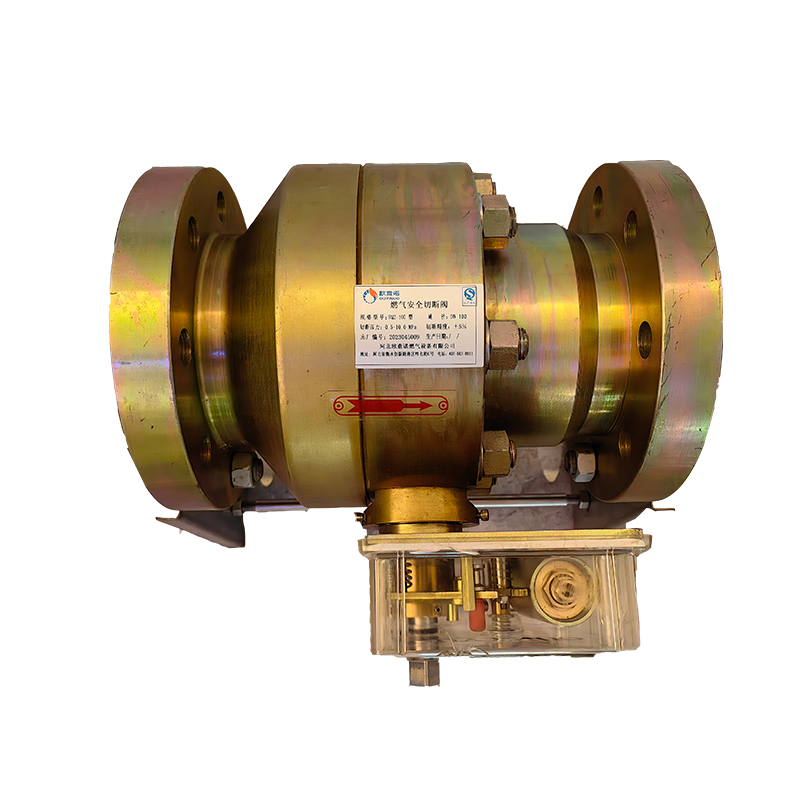
Aug . 03, 2024 02:58
Back to list
Enhancing Natural Gas Processing Efficiency with Advanced Filter Separator Technologies for Optimal Performance
Natural Gas Filter Separator An Essential Component in Gas Processing
In the oil and gas industry, the efficient separation of natural gas from impurities and liquid hydrocarbons is critical for ensuring the quality and safety of the energy supply. One of the key components in this process is the natural gas filter separator. This equipment plays a vital role in purifying natural gas, making it suitable for transportation and utilization in various applications.
What is a Natural Gas Filter Separator?
A natural gas filter separator is an industrial device designed to remove liquids and solid contaminants from natural gas streams. Typically, these contaminants can include water, hydrocarbons, sand, and other particulates that may be present in the gas produced from wells. The filter separator operates by utilizing both separation and filtration processes to achieve a high level of purity in the final gas product.
How Does It Work?
The operation of a filter separator involves several key stages
1. Inlet Separation Upon entering the separator, the gas stream is directed into a chamber where the initial phase of separation occurs. At this stage, the gas is allowed to expand, which helps release larger liquid droplets from the gas stream.
2. Gravity Separation The design of the separator encourages gravity to assist in the separation process. As the gas continues to rise, the heavier liquids fall to the bottom of the vessel, forming a liquid layer. This gravitational force is essential for enhancing the efficiency of separation.
3. Filtration In addition to gravity separation, filter separators are equipped with filter media that capture smaller solid particles and liquid droplets that may have escaped the initial stages. This filtration mechanism ensures that the gas leaving the separator is not only free from larger contaminants but also cleaner at a microscopic level.
natural gas filter separator

4. Outlet Management Once separated, the purified natural gas is directed to an outlet for further processing, storage, or delivery to end-users. The accumulated liquids at the bottom of the separator can be periodically drained off for further treatment or disposal.
Importance in the Industry
The natural gas filter separator is crucial for several reasons
- Quality Assurance By removing impurities, filter separators help ensure that the natural gas meets industry specifications and regulations, which is critical for its safe use in heating, power generation, and as an industrial feedstock.
- Equipment Protection Contaminated gas can cause significant damage to downstream equipment such as compressors and turbines. By utilizing filter separators, operators can extend the lifespan of their equipment, minimizing downtime and maintenance costs.
- Operational Efficiency Efficient separation leads to enhanced operational performance, which can improve the overall profitability of gas processing facilities. High-quality gas translates to better marketability and higher prices.
- Environmental Safety Effective removal of contaminants reduces the risk of environmental pollution associated with the release of oily or contaminated water and ensures compliance with environmental regulations.
Conclusion
In conclusion, the natural gas filter separator is an indispensable piece of equipment in the natural gas processing industry. By effectively separating gas from liquids and solids, these systems not only enhance the quality of natural gas but also protect critical equipment and improve operational efficiency. As the demand for cleaner energy sources continues to grow, the role of filter separators in ensuring the purity and safety of natural gas will become increasingly important. Investing in advanced filter separator technology will be essential for the future sustainability and effectiveness of natural gas processing operations.
Latest news
-
Safety Valve Spring-Loaded Design Overpressure ProtectionNewsJul.25,2025
-
Precision Voltage Regulator AC5 Accuracy Grade PerformanceNewsJul.25,2025
-
Natural Gas Pressure Regulating Skid Industrial Pipeline ApplicationsNewsJul.25,2025
-
Natural Gas Filter Stainless Steel Mesh Element DesignNewsJul.25,2025
-
Gas Pressure Regulator Valve Direct-Acting Spring-Loaded DesignNewsJul.25,2025
-
Decompression Equipment Multi-Stage Heat Exchange System DesignNewsJul.25,2025

